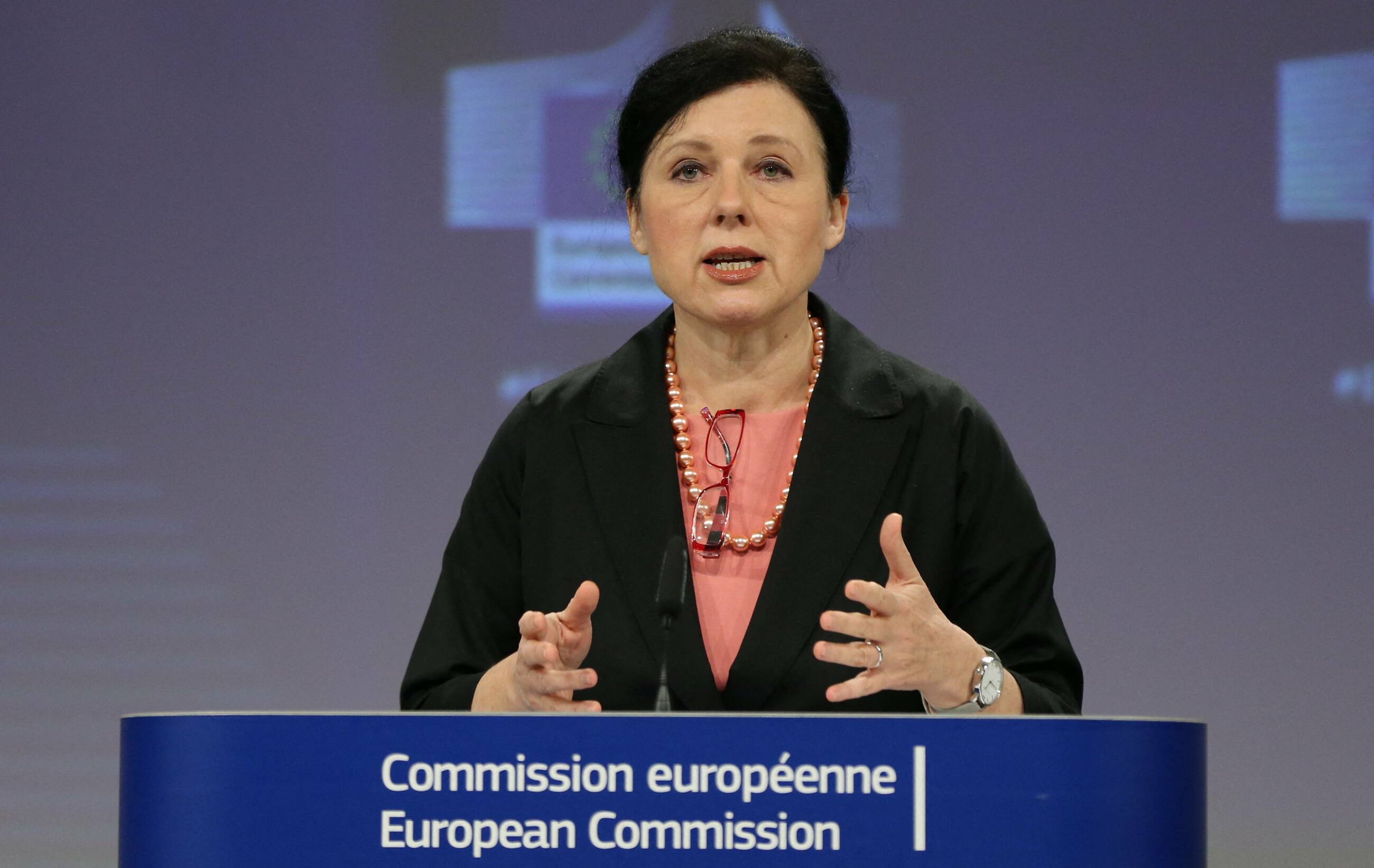
The European Commission has released an industry Code of Practice for tackling online disinformation across the EU. The latest code, however, came as a reinforcement to the first Code of Practice of 2018, which has been widely acknowledged as a pioneering framework globally.
This is coming days after Nigeria’s National Information Technology Development Agency (NITDA) released its Code of Practice for online platforms operating in the country.
While Nigeria’s Code is still a draft and currently undergoing public review, the EU 2022 Code of Practice on Disinformation has been signed by 34 tech giants operating in Europe, including Google, Meta, TikTok, and Microsoft.
The EU Commission says the new Code sets out extensive and precise commitments by platforms and industry to fight disinformation and marks another important step toward a more transparent, safe, and trustworthy online environment.
- Commenting on the Code, Vice-President for Values and Transparency at the Commission, Věra Jourová, said: “This new anti-disinformation Code comes at a time when Russia is weaponizing disinformation as part of its military aggression against Ukraine, but also when we see attacks on democracy more broadly.”
- “We now have very significant commitments to reduce the impact of disinformation online and much more robust tools to measure how these are implemented across the EU in all countries and in all its languages. Users will also have better tools to flag misinformation and understand what they are seeing. The new Code will also reduce financial incentives for disseminating disinformation and allow researchers to access to platforms’ data more easily,” Jourová.
- Commissioner for Internal Market, Thierry Breton, said: “Disinformation is a form of invasion of our digital space, with tangible impact on our daily lives. Online platforms need to act much strongly, especially on the issue of funding. Spreading disinformation should not bring a single euro to anyone. To be credible, the new Code of Practice will be backed up by the DSA – including for heavy dissuasive sanctions. Very large platforms that repeatedly break the Code and do not carry out risk mitigation measures properly risk fines of up to 6% of their global turnover.”
The strengthened Code aims to address the shortcomings of the previous Code, with stronger and more granular commitments and measures, which build on the operational lessons learnt in the past years.

